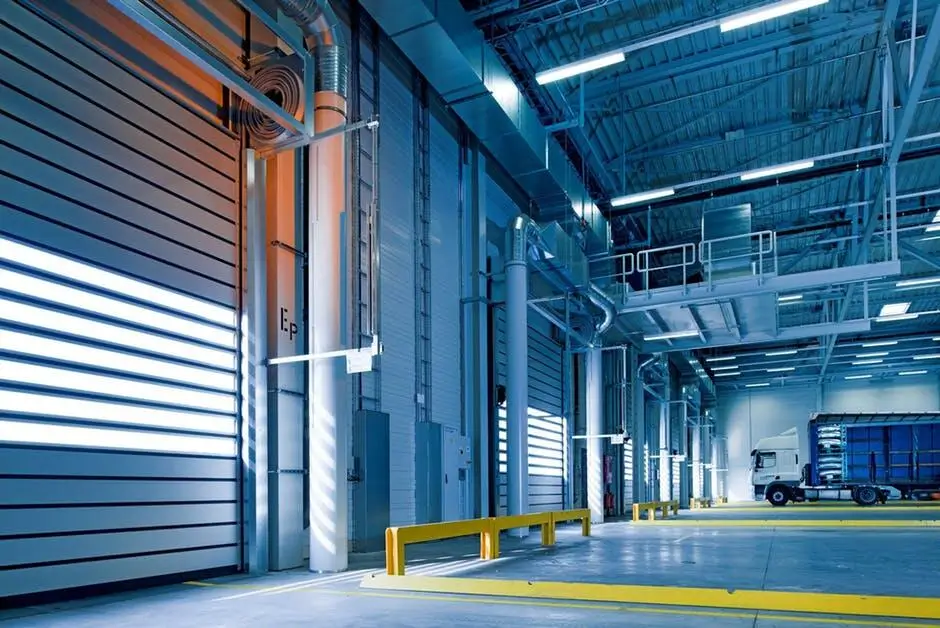Colorado is ranked among the top ten best places to start a business. It's also the 10th for average growth of the number of small businesses in the state.
For business owners who need commercial property and their landlords, it's important to understand commercial lease agreements. A solid lease agreement will help prevent misunderstandings and ensure a beneficial relationship.
In this guide, we'll demystify Westminster, CO commercial lease agreements and tell you everything you need to know.
What Is a Commercial Lease Agreement?
Commercial landlords and tenants use commercial lease agreements to outline the rights and responsibilities of both parties. When a tenant rents a commercial space, they'll need to pay attention to the lease agreement and meet all of the expectations that have been set. Mastering lease administration is essential for being a great landlord.
A lease agreement helps landlords and tenants avoid disputes and ensures both parties know exactly what their relationship includes. When first leasing a space, ensure the agreement is thorough to avoid problems with the landlord-tenant relationship later.
There are two main types of commercial leases, including gross leases and net leases. Each specifies different requirements by the two parties concerning property-related expenses.
Commercial Lease Inclusions
There are a few things to always look for and specify when signing a commercial lease. The most important elements of a commercial lease include the rent due, deposit requirements, and the lease duration.
In addition to these, you'll also want to pay attention to additional costs. A commercial lease will specify what each party is responsible for when considering maintenance as well as the costs of utilities and other expenses.
Also, pay attention to exclusive and permitted use rights. Tenants in certain industries may want to prevent competitors from using the same commercial building, asking for exclusive use.
What Is a Gross Lease?
A gross lease allows for straightforward rent collection. As part of a full-service gross lease, a tenant will pay a specific amount of rent each month. The landlord will cover all property-related expenses, including insurance, property taxes, and property maintenance.
In a modified gross lease, a tenant will need to pay a specified proportion of various utilities and expenses.
What Is a Net Lease?
Several types of net leases are used by commercial landlords and tenants. A single net lease, double net lease, or triple net lease are all options. In these types of commercial property leasing, various lease agreement terms can be negotiated. Some utilities and expenses will be split between the tenant and landlord.
If using a single net lease, for example, tenants will need to pay rent as well as a portion of the property tax. The landlord, however, covers other expenses.
Understanding Commercial Lease Agreements
Whether you're a commercial property investor or you're renting a commercial property, you need to understand commercial lease agreements. Understanding the different types will help you choose lease negotiation strategies and avoid commercial lease mistakes.
If you need help managing a commercial property in Westminster, consider working with PMI Mile High. Our locally owned and independently operated office is experienced with commercial property management and can help make your property a success.
Ready to learn more? Get in touch with us today to learn more about what PMI Mile High can do for you.


